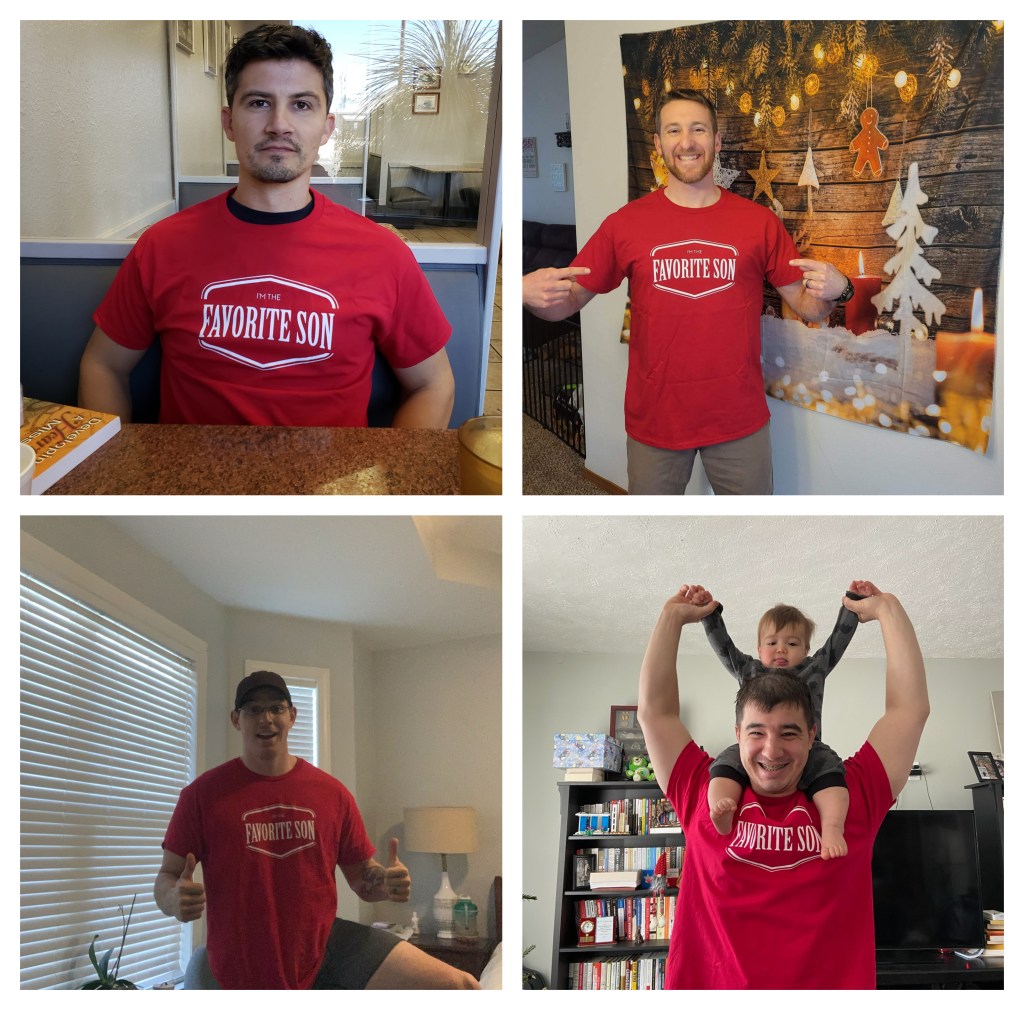
Several years ago, immediately after a church service, I had several guys standing around me, each wanting to schedule an individual meeting with me that week. As I had my smart phone calendar app open, a lady walked by and said, “There’s Bruce with his army of sons!”
I was already known for calling guys that I was discipling “son.” It’s a bit of a Texas thing. I’ve even called men close to me in age, “son.” One fellow reminded me that I was his spiritual father even though there was only 8 years between us. And at times, some of those sons have responded by calling me, “Dad,” “Pops,” “Papa,” and even “Father.” This group of mostly younger men was fast becoming known as my “army.” I do also call my natural child “son,” along with my two sons-in-law.
This isn’t a relationship that I take lightly. There are a number of men who have poor relationships with their fathers. There are some who have already lost their fathers. And some have never known their fathers. One of the fellows pictured above literally was doing CPR on his own father recently. He began to call me regularly for advice after his father’s death, and I am cautiously stepping into that role. Each one of these men is different from the others, and I actually take notes to remember details about each man’s family relationships.
At some point in the last couple of years, when I called someone “son” they would laugh and remind me that I say that to a lot of men. Then one day, someone interjected that he was my favorite son. And then, one by one, they all began to know that whenever they were with me, they were my favorite.
So, this year, I decided to do a little something to solidify each of those relationships. I had 25 t-shirts custom printed that read, “I’m the Favorite Son.” And I had two made for me that read, “He’s my favorite son. Of course, these are all red (my favorite color)!
In the picture collage above, you’ll see guys who live in Nebraska, North Carolina, Texas, and Washington proudly wearing their Favorite Son shirts. There are five more here in San Antonio, along with Colorado, Dallas-Fort Worth, England, Germany, Missouri, Virginia. Others will be arriving soon in Colorado, Kansas, Illinois, Indiana, Utah and more cities in Texas.
My Favorite Son in Germany, who was twice stationed here in San Antonio, questioned whether him wearing that shirt might start a conflict similar to Joseph, with his multi-colored coat, and his brothers. (His name, by the way, is Joseph!)
An older man once asked me, “Where do you get off calling someone ‘son’?” I quickly told him that I was just mimicking Jesus. In Matthew 9, people brought a paralytic to Jesus. “Seeing their faith, Jesus said to the paralytic, “Take courage, son; your sins are forgiven.” (Matt 9:2) There are several other instances when Jesus called someone “son,” along with the Apostles Peter (John Mark) and Paul (Timothy and Titus).
What these shirts do more than anything is remind me of my spiritual legacy. There are men living across the United States and in Europe who have sat with me at Starbucks, Panera Bread, Whataburger, and so many other restaurants who are now investing in the lives of others who I may never meet (until heaven).
While I appreciate the many financial supporters to my ministry that have resulted in this Army of Sons, I long that every Christian man I know would also develop at least a squad of sons.
This seems to be a good time to mention my life purpose statement: “To be a better man, who helps other men become better, for a better world.” (Reference Hebrews 6:9)







